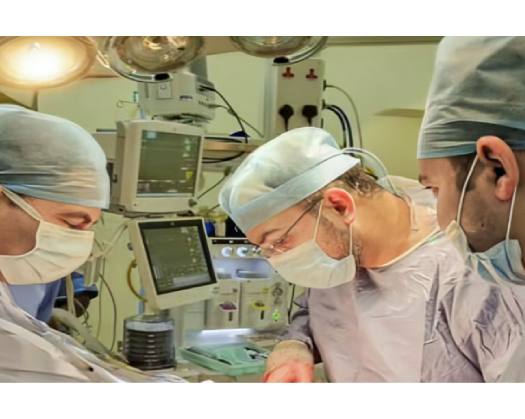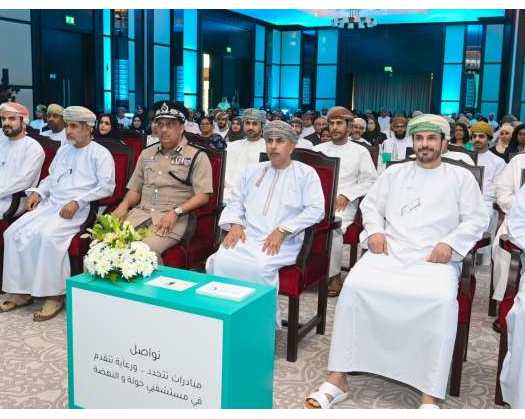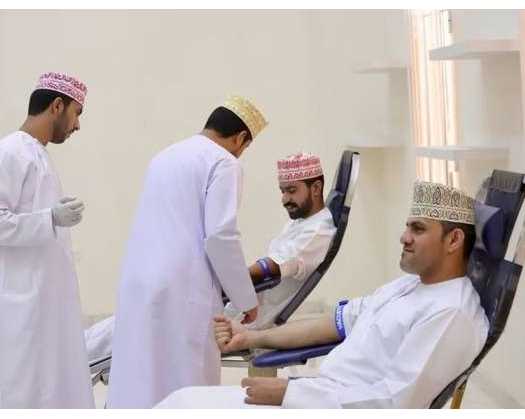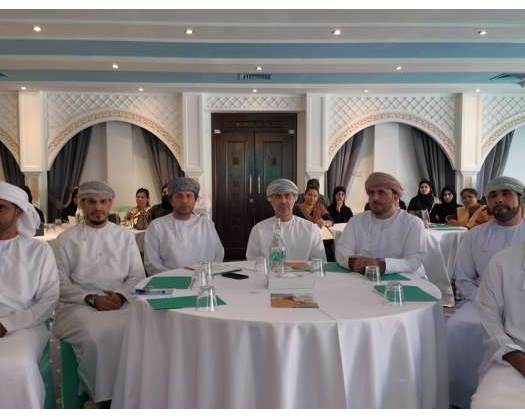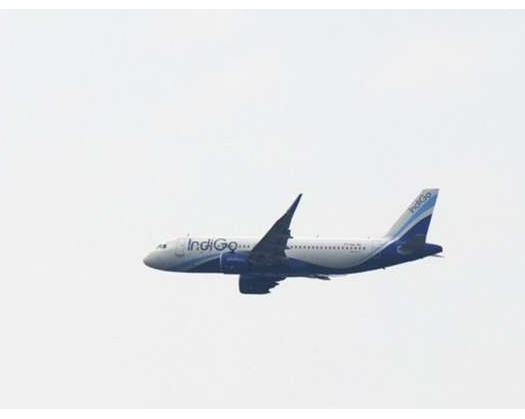The Royal Hospital has accomplished the removal of a rare tumor from the abdominal cavity through a successful 9-hour surgery. Led by a specialized surgical team, the complex procedure involved the elimination of the tumor and subsequent high-temperature chemotherapy to ensure its complete eradication.
Dr. Amid bin Khamis Al Araimi, Assistant Director General of Medical Affairs at the Royal Hospital and Consultant Colon and General Surgery, explained that the tumor had encased several vital organs, including the right kidney, right lobe of the liver, inferior vena cava, right common iliac artery, and back muscles (the iliacus, lumbar, right semispinalis).
The rarity of the tumor, coupled with its large size measuring 30 x 30 cm, posed significant challenges to the surgical team. Al Araimi emphasized that the successful removal of such a rare tumor required extensive experience, precision, and surgical expertise. Additionally, the tumor's complex location near vital organs presented a major obstacle.
The 9-hour operation demanded exceptional surgical skills and meticulous planning to ensure the complete eradication of the tumor while safeguarding the surrounding tissues. Al Araimi highlighted that the achievement reflects the competence and experience of the surgical team across all specialties at the Royal Hospital, as well as their commitment to delivering the highest quality healthcare services to patients.
Thorough preparation and careful planning were undertaken to guarantee the surgery's success, with utmost attention given to preserving the patient's well-being and minimizing any potential damage. As a result, the patient's condition remains stable, and recovery is progressing positively.
The physician reported that the individual had a firm lump in the abdominal area on the right side, which also extended to the back on the same side. Additionally, there was a partial blockage in the intestines, causing discomfort and debilitation in the right leg as the tumor had infiltrated the muscles and nerves responsible for leg mobility.

